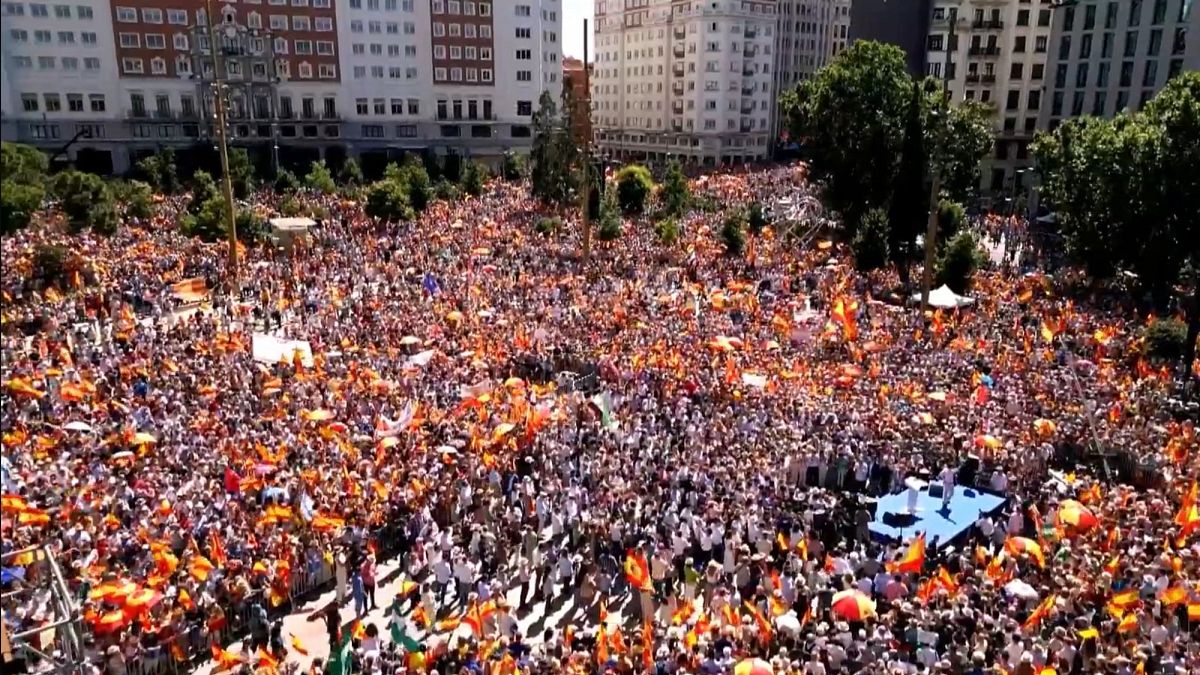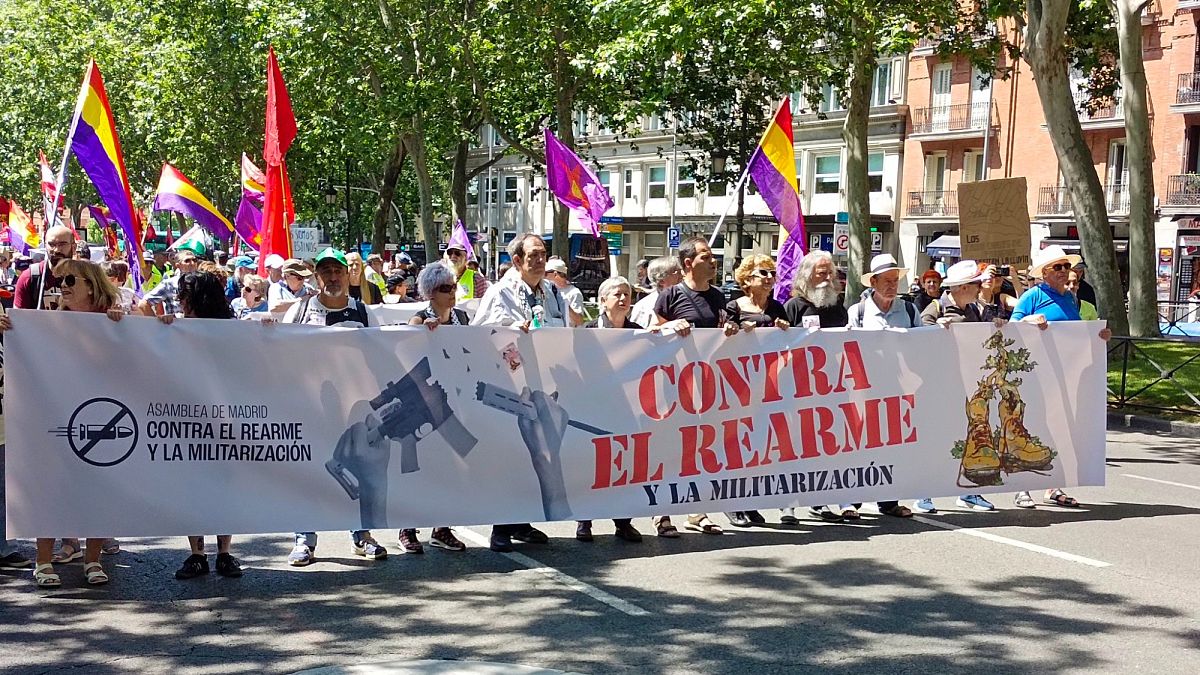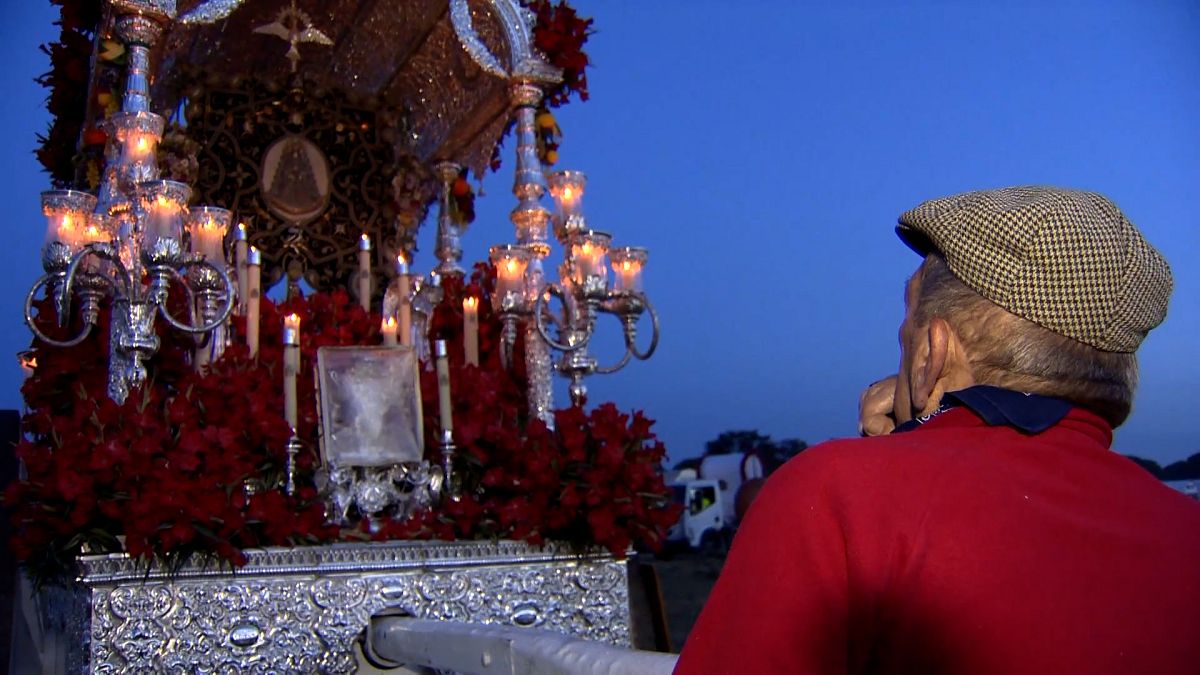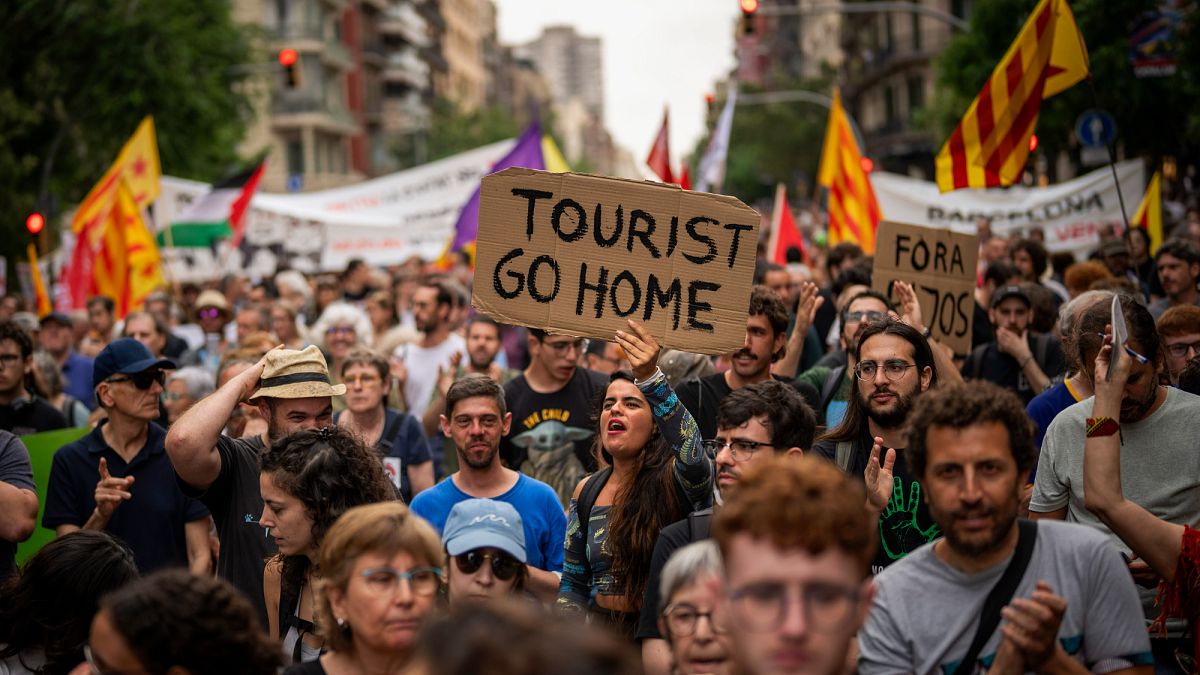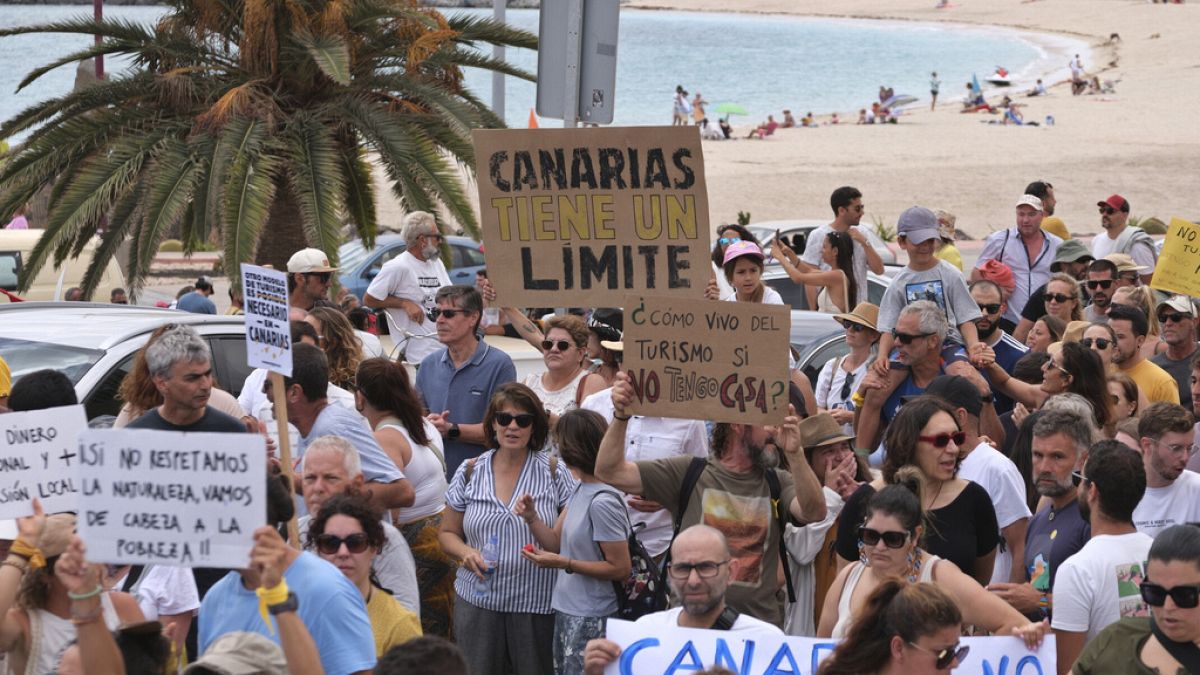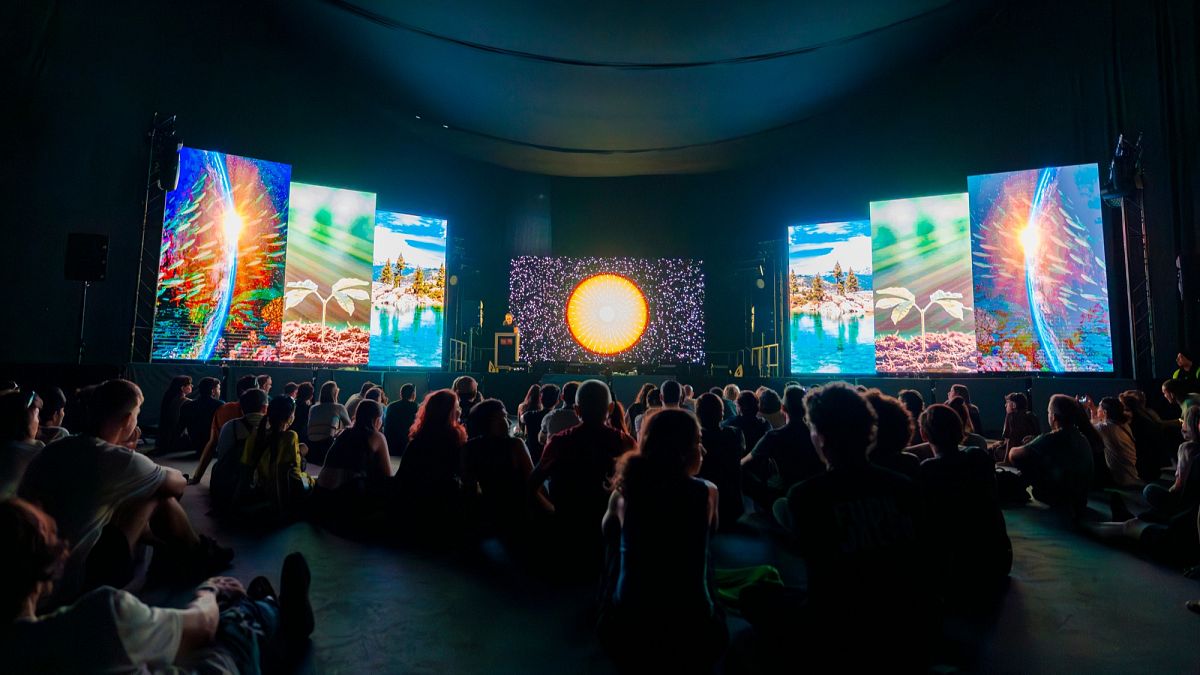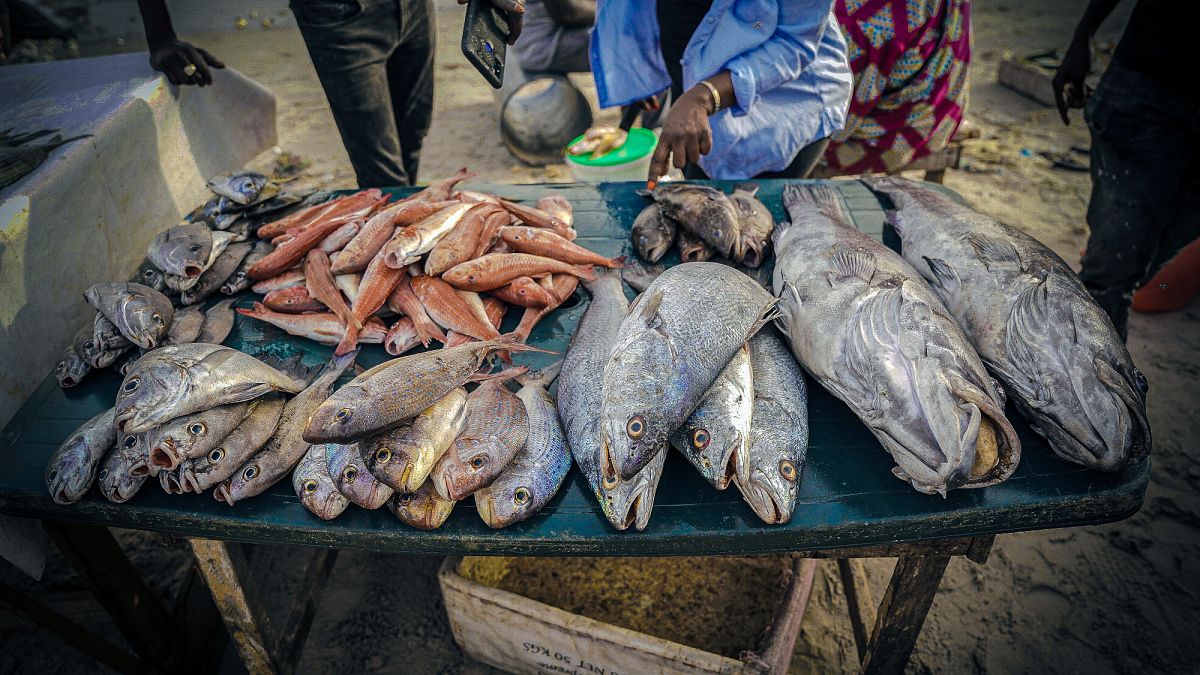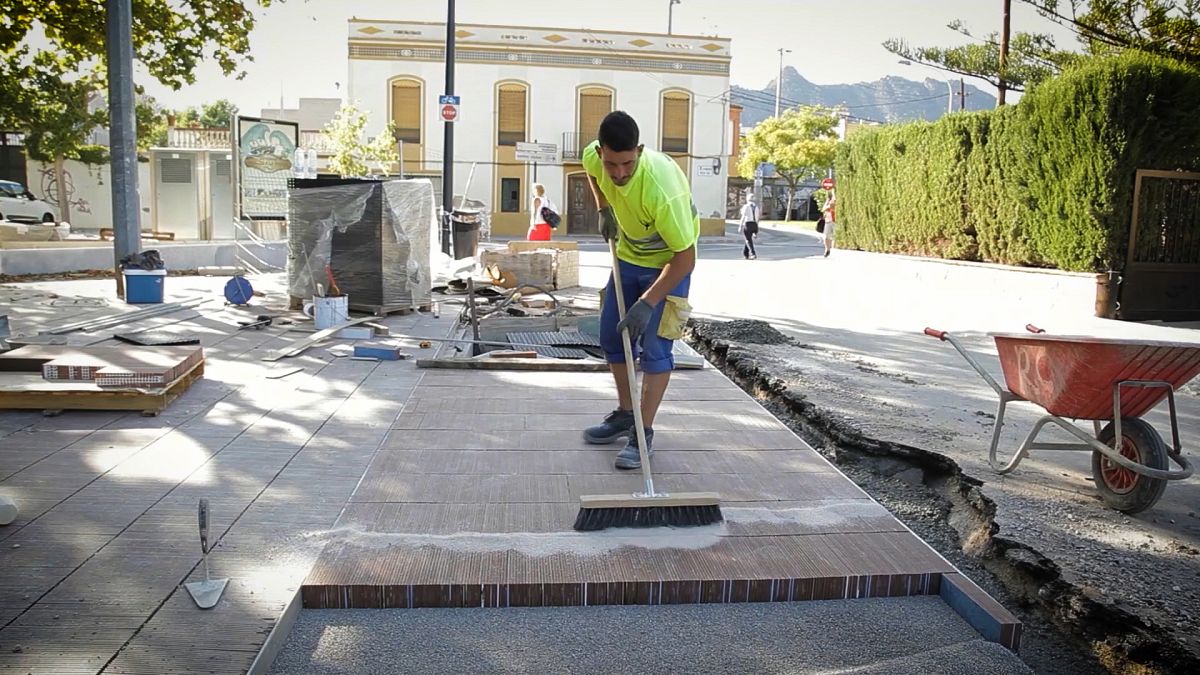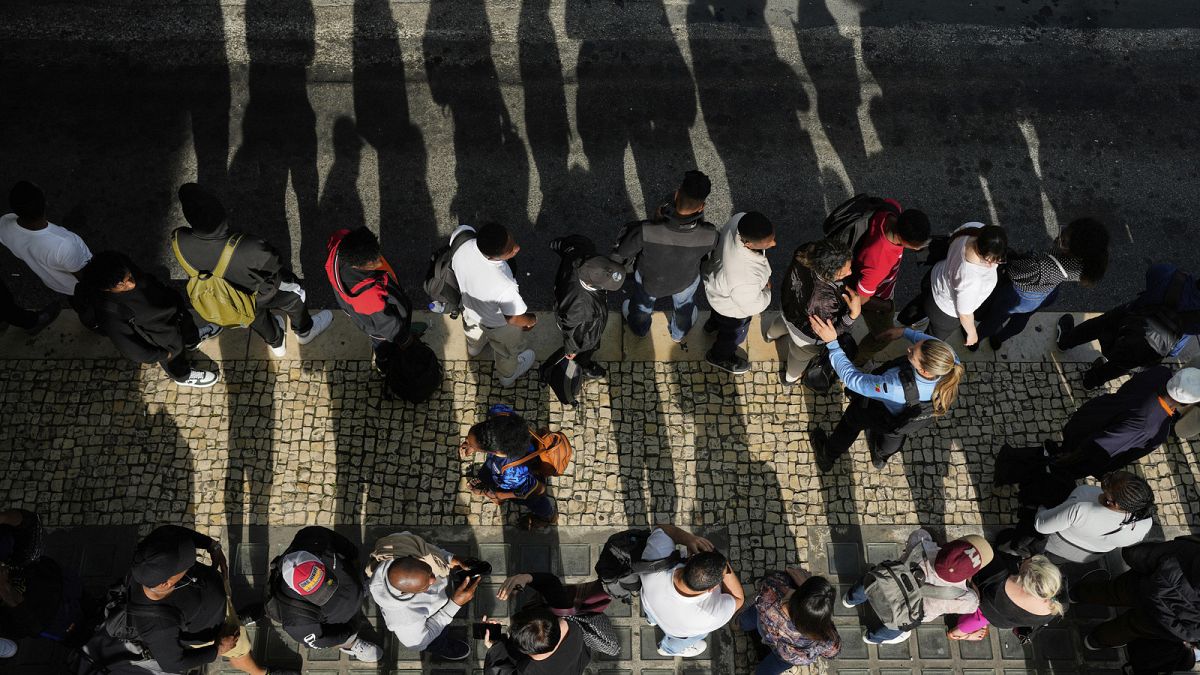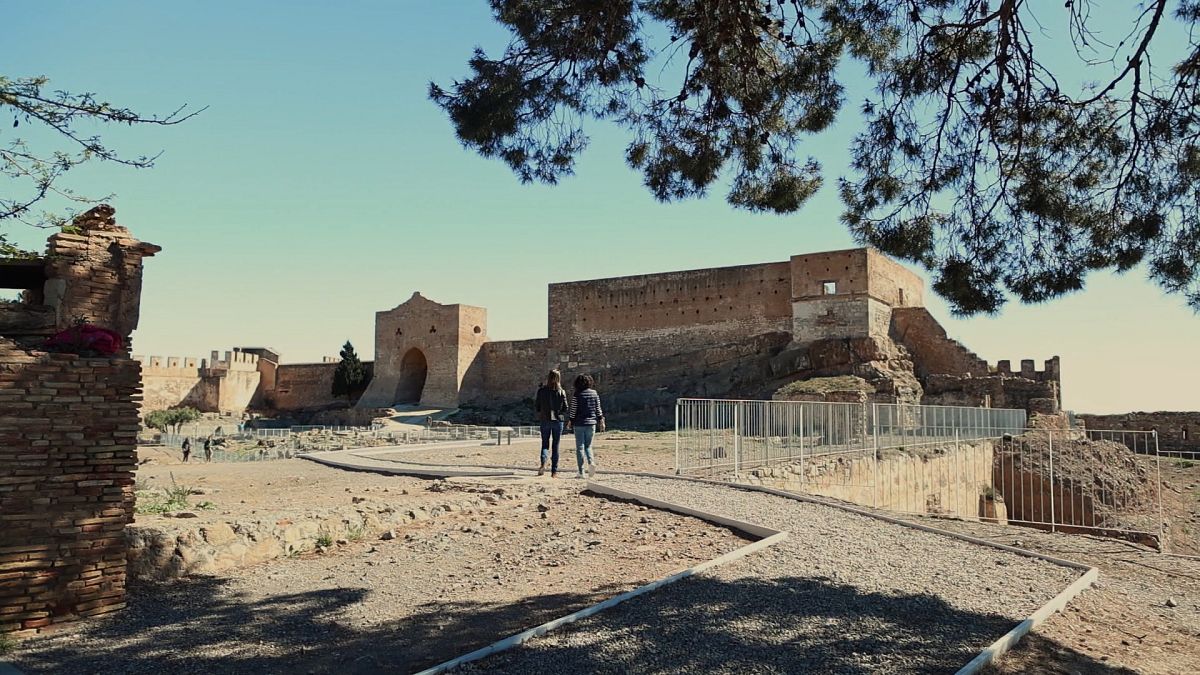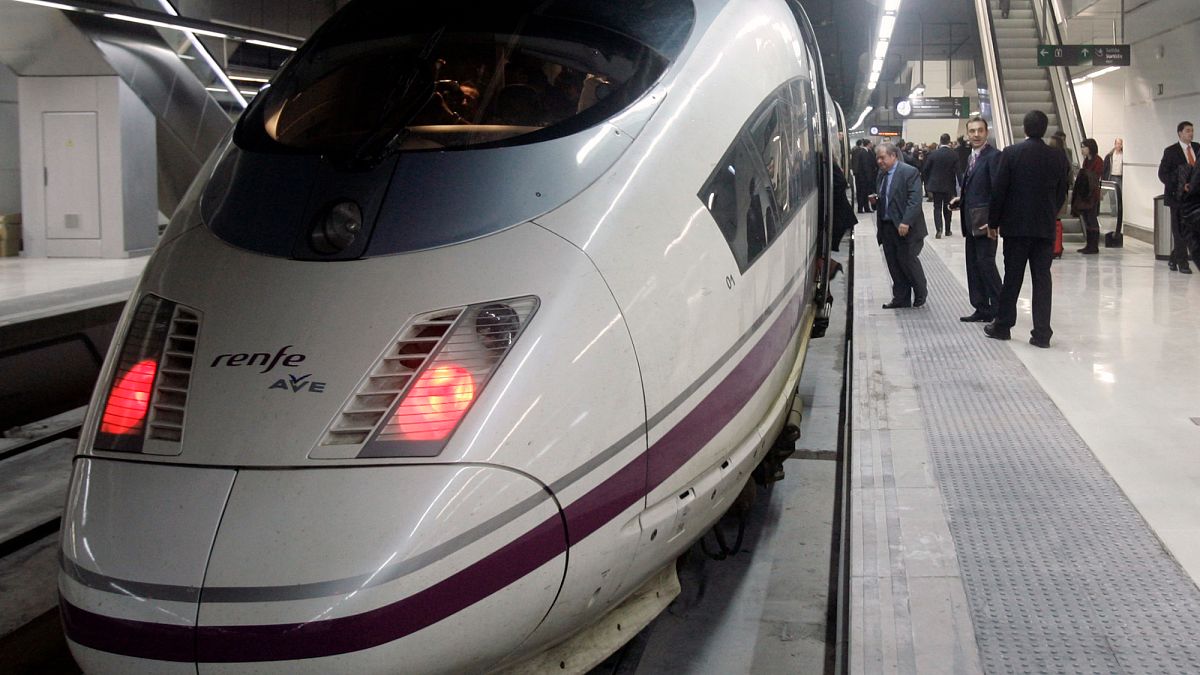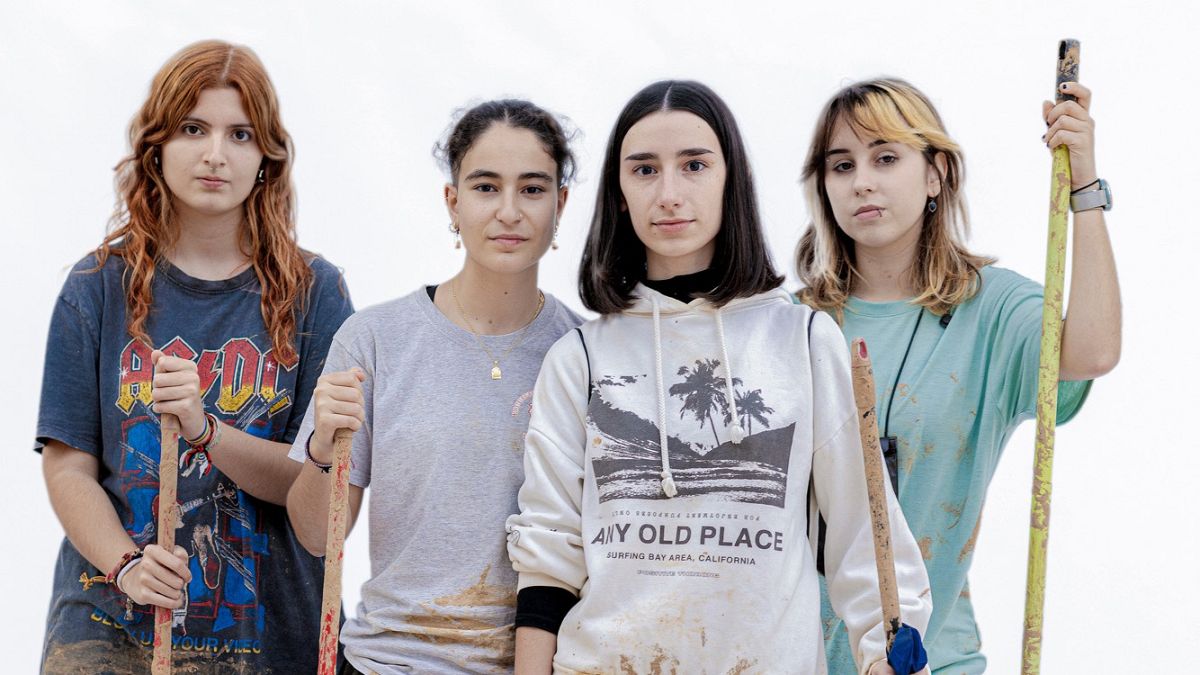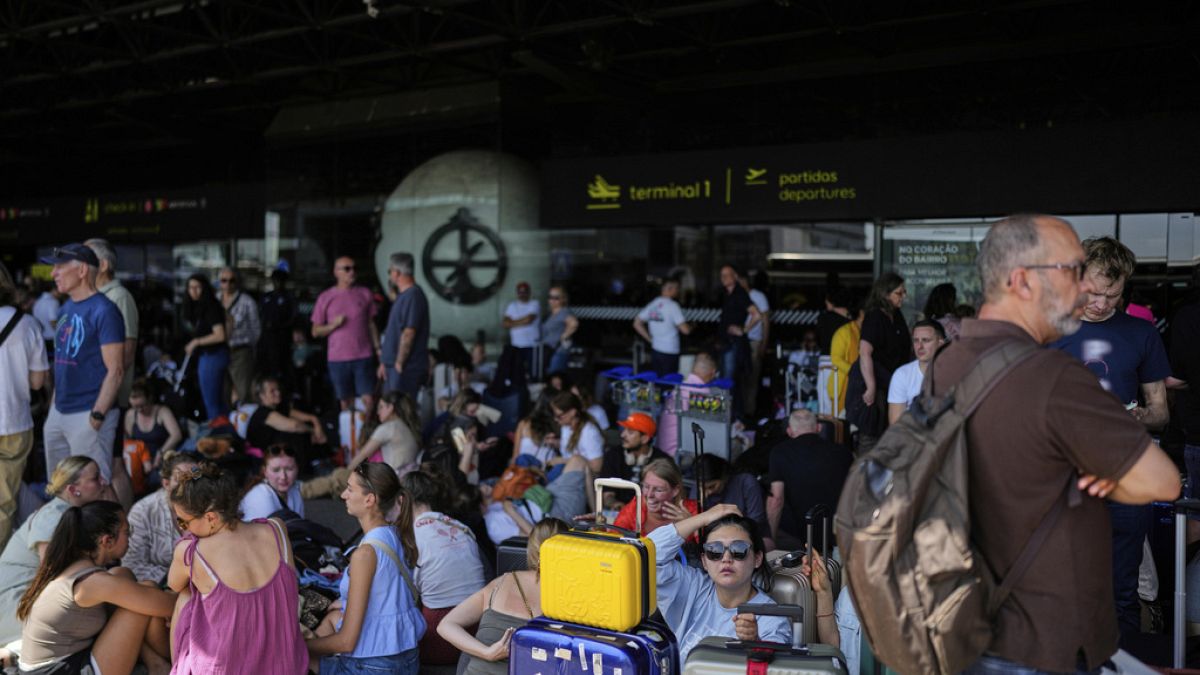Hundreds of cultural events kick off for European Heritage Days
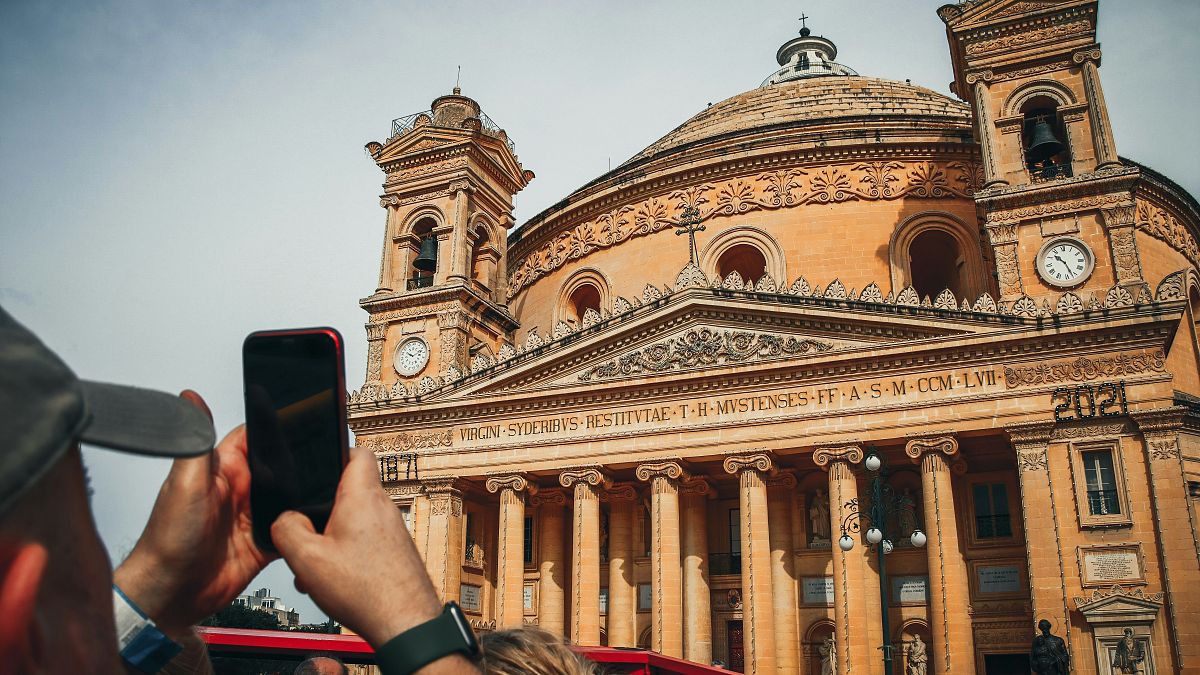
Events in Austria, Belgium, Germany and Ireland have already finished, but there are still plenty more upcoming in other countries.
This autumn, dozens of cultural events are taking place across Europe as part of the annual European Heritage Days, a joint initiative of the Council of Europe and the European Commission.
Over 40 countries on the continent are inviting the public to learn more about everything from national monuments to rituals and traditions.
The events follow an annual theme, which this year is ‘Heritage of Routes, Networks and Connections’.
“Every year the European Heritage Days unite millions of Europeans around their shared historical and cultural heritage,” says Iliana Ivanova, European Commissioner for Innovation, Research, Culture, Education and Youth.
“This is a great way to ensure that our common European heritage is understood, treasured, and protected for future generations, while at the same time bringing economic benefits to local communities through tourism.”
Nations will highlight how the movement of people, ideas and cultures across time and space has shaped the built environment, monuments and streets as well as intangible cultural practices such as rituals, languages and food.
European heritage days celebrate cultural connections
This year’s programme kicked off in Lithuania and included the centenary of Baltic Song and Dance Celebrations.
With a nod to the theme of routes, networks and connections, the country also shone a spotlight on the Baltic Way, a peaceful political demonstration that took place in 1989 and saw two million people create a human chain across Lithuania, Latvia and Estonia.
Events in Austria, Belgium, Germany and Ireland have already finished, but there are still plenty more upcoming in other countries.
France: 21st – 22nd September
This year’s Journées européennes du patrimoine follow the annual theme with activities about transport heritage, communication technologies and cultural practices.
Visitors can explore transhumance routes – historic trails used seasonally by herders to move livestock – and France’s maritime heritage including lighthouses and ports.
Other events spotlight underwater archaeology, aquaculture and festivals relating to the sea.
Luxembourg: 27th September – 6th October
Luxembourg’s European Heritage Days programme will focus on the interconnections of European cultural heritage.
The events will celebrate the Cultural Routes of the Council of Europe and visitors can participate in walks and guided tours exploring heritage development.
Malta: 4th – 14th October
One of the highlights of Malta’s European Heritage Days is the Notte Bianca festival. This annual event, which takes place on the first Saturday of October, is one of the country’s largest arts and culture celebrations.
For one night, the entire capital city of Valletta transforms into a vibrant canvas of live performances, concerts, and art installations. The city’s streets, piazzas, churches, state palaces and museums become buzzing venues, while cafés and restaurants stay open until late.
Romania: 21st September
Romania’s Zilele europene ale patrimoniului are based on the theme of ‘Cultural Corridors: European Routes of Heritage Objectives’ and highlight the movement and connections between people, goods and ideas since pre-historic times.
Visitors can expect guided trails, the opening of historic buildings and exhibitions about both built and intangible heritage, as well as a variety of events designed for young people.
Slovenia: 28th September – 12th October
Slovenia’s Dnevi evropske kulturne dediščine will highlight trails around the country as well as explore connections through common values, cultural practices and the sharing of stories which make up collective identities.
Events include a children’s bike ride along the Cultural Route of St. Martin and a lecture about olfactory heritage discussing the importance of smells in cultural practices and shared memory.
Spain: September – November
In Spain, the Jornadas Europeas de Patrimonio will encourage the exploration of intercultural dialogue, physical and digital connections, and how the flow of people and ideas has influenced everything from buildings to food and language.
Events include an underground wine tourism experience in the subterranean cellars of wineries in Burgos and a series of itineraries connecting people with nature in Arlanza.
United Kingdom: September
In the UK, you can still catch Doors Open Days in Scotland where dozens of buildings usually closed to the public are open for visits and guided tours.
This year’s theme is highlighted at a 1940s police box in Edinburgh with an exhibition exploring the connection between the city-wide police force and the general public and at Clackmannashire’s Alloa Mosque focusing on historic links between Scotland and the Muslim world.
Source: Euro News



